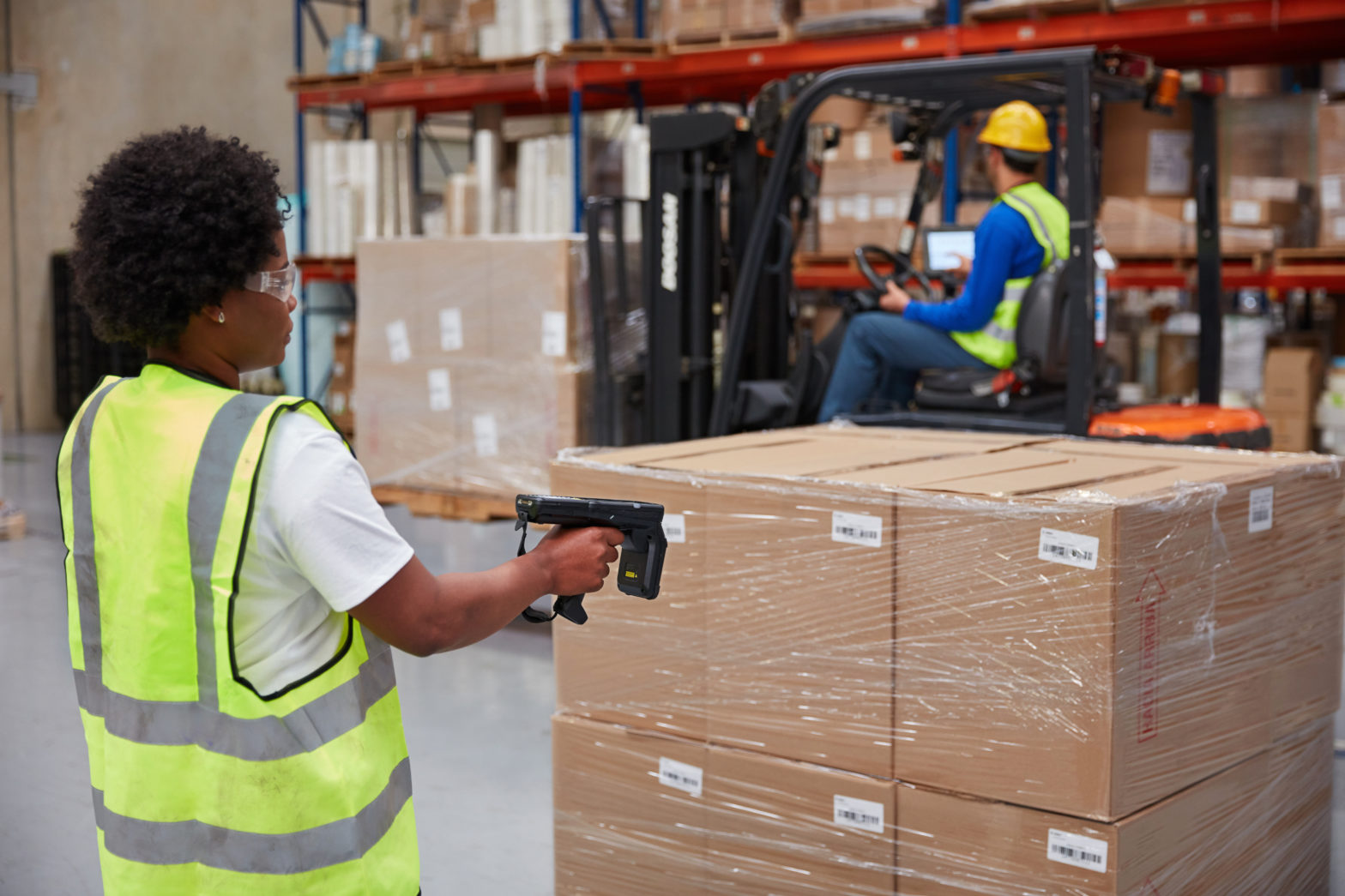
Photo: Zebra
Asset management lessons for cities from UPS, Target and NFL
07 June 2023
Technologies used by major companies such as UPS, Target and NFL are also helping cities improve their asset management, leading to better information, greater efficiencies and more effective resident engagement.
This was the message shared by Michael Sparks, Director of Government Sales at Zebra Technologies, when he presented to US digitalisation leaders at the recent Cities Today Institute City Leadership Forum in Las Vegas.

Zebra works with the companies above and has now built a dedicated government team to ramp up its growing work in this area.
“We build equipment that helps people connect intelligently to things,” says Sparks.
Zebra’s solutions include barcode label printers and scanners, Radio Frequency Identification (RFID) tags and readers, rugged handheld devices with an enterprise-grade, secure operating system, and more.
UPS uses Zebra’s technology to track where a package is at any given time, and Target deploys it to manage inventory and tasks. Meanwhile, via stadium sensors and tags worn by players, NFL gets rich information to help improve match performance and visitor experience.
So, what does this all mean for cities?
Sparks explains: “When we look at the specific use cases that Zebra serves; all those use cases exist within government. Government has retail applications, supply chains, logistics.”
He adds: “Any time there’s a clipboard involved, there’s an opportunity to automate, become much more efficient and eliminate mistakes.”
New York City uses Zebra’s equipment for parking citations. A number of states have Liquor Control Boards that sell alcohol and use the tools for inventory control and management. In addition, several thousand police agencies are using Zebra’s products for citations and evidence and property management.
“The largest federal government customer we have is the US Post Office, and every postal worker carries our device,” says Sparks.
In the field
The new government team is now talking to cities about a wider range of opportunities.
Management of field workers is an area of major potential, including utility employees, paramedics, building inspectors, sanitation staff and civil engineers.
“Cities need to empower field workers to easily collect data and to give them the data they need, where they need it,” Sparks comments. “We can help the city CTO or CIO pull information and help the field worker collect and receive information much more easily.”
Cities also need to keep track of many assets and pieces of equipment. Some departments still check items in and out via paper forms, which often don’t get filled in. This leads to assets getting lost and causes wasted time and duplicate replacement costs. Inventory shrinkage is also a major issue in retail when stock isn’t tracked.
Barcodes bring big improvements over paper-based processes.
“Then the next step is to go to RFID,” says Sparks. “This makes it even faster and more error-proof.”
There are benefits for important documents too, such as court files that move between multiple departments and must not be lost.
Community engagement
Sparks notes that city leaders regularly stress the importance of resident engagement.
“We can enable and support efforts to engage with the community,” he says. “If you take away the laborious paper-bound tasks from your field workers, that provides more opportunity for community engagement and eliminates a lot of the frustration that people have with all those processes.”
In addition, Zebra has tailored its offering to the specific buying needs of governments and their purchasing cycles.
“The rules of engagement are different, and we’ve been spending a lot of time on contracts to make it easy for government to buy from us,” Sparks says.















